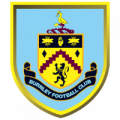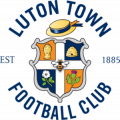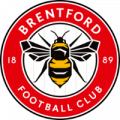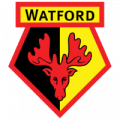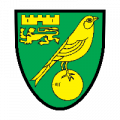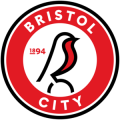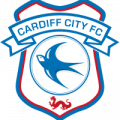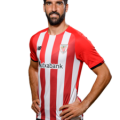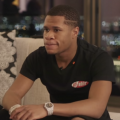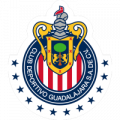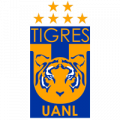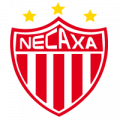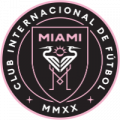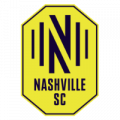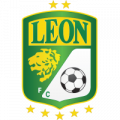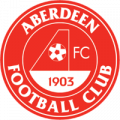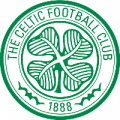The recent success of the super-coach has been much ballyhooed in the last few years on the ATP World Tour. Andy Murray was the first player in the modern era to successfully convert the tutelage of a former Grand Slam Champion, Ivan Lendl, into a Grand Slam title. He did so at the 2012 U.S. Open and followed that up with a second at Wimbledon in 2013. Many have followed suit since then and others are likely to jump on board if they can find the right fit. Who could be the next super-coach to land a partnership with an ATP World Tour player? VAVEL's Chris Spiech takes a look at the history of the super-coach phenomenon and some ideal candidates to join the growing list of ex-Grand Slam winners breaking into the coaching ranks.
Ivan Lendl: The Birth of the Modern Super-Coach
Jimmy Connors is technically the first ex-Grand Slam winner credited with joining the coaching ranks in the modern era. Connors paired with Andy Roddick for 19 months from 2006-2008. Roddick would reach the 2006 U.S. Open final with Connors in his coaching box, but was beaten in four sets by Roger Federer. When they split in May 2008, that was the only Grand Slam final that Roddick had made under Connor's guidance.
Andy Murray is generally now considered the pioneer of the modern super-coach movement among current ATP World Tour players. Murray had seen three Grand Slam finals in his career prior to 2012. The first came at the U.S. Open in 2008 at the age of 21, where Federer crushed him 6-2, 7-5, 6-2. His next two finals would both be at the Australian Open, with the first coming in 2010. He failed again in an effort to join tennis' elite in his first final in Melbourne. Murray lost 6-4, 6-4, 7-6 (11) to Roger Federer.
A return trip to the Australian Open the following year earned him bitter disappointment with a 6-3, 6-2, 6-3 drubbing at the hands of Novak Djokovic in the final. That made three straight sets defeats in Grand Slam finals for Murray at that point. The Scot would finish 2011 with three straight semifinal losses in slams at the French Open, Wimbledon and the U.S. Open. He seemed unable to keep his composure and find the right mix of play in losing all three semifinals to Rafael Nadal that year. That is when Murray decided a change was needed.
Enter Ivan Lendl. The eight time Grand Slam winner would be credited for toughening up Murray mentally for big matches. The dividends were not immediate in results, but they were measurable in effort. At the Australian Open in 2012, Murray again made a deep run and faced Djokovic in the semifinals. Murray would lose 7-5 in a decisive fifth set, but it was a stark contrast to the year before when Djokovic whipped him in straight sets. On his worst surface at Roland Garros, Murray would crash out in the quarterfinals to David Ferrer in four sets, perhaps sparing him another beatdown from Nadal in the semifinals. Still, there was progress and that could be seen at Wimbledon.
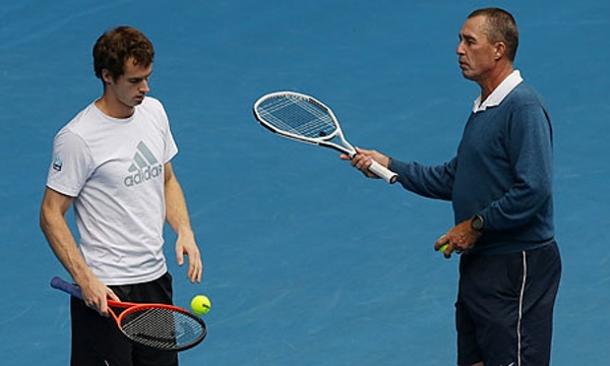
Murray would make his fourth Slam final, this time in front of his "home" crowd in London. It was an electric atmosphere and the Scot battled Federer even through two sets with Murray taking the opener, before the Swiss evened the match with a 7-5 second set. Perhaps the Gods were not ready for an Andy Murray Grand Slam title as heavy rain would force the closure of Wimbledon's Centre Court roof in the third game of the third set. From there, the indoor conditions seemed to work more into the favor of Federer, who would win the last two sets to deny Murray. A teary Murray broke down in the post-match interview, saying "Everybody always talks about the pressure of playing at Wimbledon, but it's not the people watching - they make it incredible. There are mixed emotions. Most of them are negative. The reaction from the crowd was great. I felt like I was playing for the nation and I couldn't quite do it."
Break-Through Moment For Lendl-Murray
That moment, the agony of defeat, seemed to define Murray to that point. It would also endear him to many, including yours truly, who had only pegged him as a moody younger player who was prone to lashing out at himself on the court when things went south in those big moments. Redemption was but one Grand Slam away for Murray as the Scot was perhaps always fated to suffer before reaching the highest of highs. That came on a Monday finish at the U.S. Open on September 10, 2012 against Novak Djokovic. Murray looked to be comfortably and improbably headed to Grand Slam number one after fighting through two tough sets 7-6 (1), 7-5 to take a two sets to love lead. It would never be that easy, as Djokovic came charging back by easing past Murray 6-3, 6-2 to send the final to a penultimate fifth set.
The old Andy Murray seemed to be reappearing as he berated himself and yelled at-times towards his coaching box and Ivan Lendl as the match seemed to be slipping away. This time was different though and Murray showed it right away as he broke Djokovic early in the final set. He consolidated for a lead that he would not relinquish in closing out the match 6-2 in the final set. Murray was a Grand Slam champion. Ivan Lendl had done it. The Super-Coach idea was no longer a paper lion, it was a silver trophy held in the hands of Andy Murray.
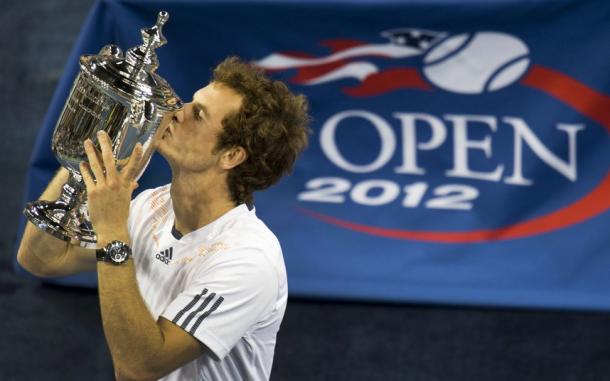
Murray would give his super-coach the credit for helping him get over the hump, saying "He helped with a lot of small things; you know, technical things, small mental and psychological things and small physical things as well as tactical things. A lot of those small things add up to five to 10 per cent to my game, and that was what I needed to find to make it past the last hurdle and win."
Other Players Follow Murray's Lead
The quick success of the Lendl-Murray partnership sent tennis into a super-coach frenzy by 2014. Murray himself is now on his second super-coach after leaving Lendl and pairing with former WTA star Amelie Mauresmo. Roger Federer would be the next big name after Murray to partner up. He chose Swedish legend Stefan Edberg to join his team. Edberg would help reinvent Federer's game after it appeared that the Swiss was definitely on the back end of his career at the end of 2013. The Edberg-Federer tandem helped redefine the Swiss with a quick and aggressive ground game that has also added time onto the twilight of one of the greatest tennis careers in history. Novak Djokovic would not stand idly by as he chose to work with Boris Becker, a six-time Grand Slam winner. The two have spent the last two seasons together with the Serb coming off one of the best individual seasons in the history of the sport.
Both Kei Nishikori and Marin Cilic also joined the super-coach revolution in 2014. Nishikori would team up with 1989 French Open Champion Michael Chang. Nishikori would be playing in his first Grand Slam final before the end of the 2014 season. Former Wimbledon Champion Goran Ivanisevic worked wonders with fellow Croatian Marin Cilic in 2014. Long fancied as a player who was on the cusp of joining the elite ranks in tennis, Cilic was a stunning upset winner at the U.S. Open for his first Grand Slam title.
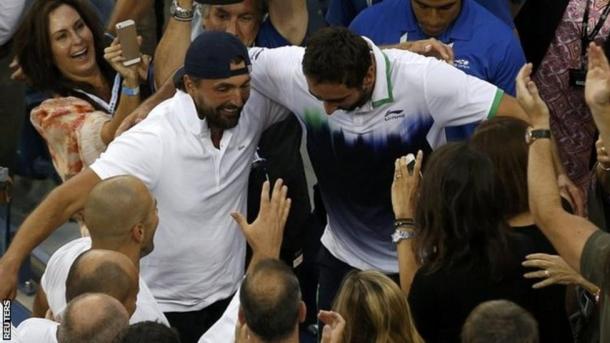
Even WTA players would get in on the act in recent years, but the success was muted by short and failed relationships. That included Madison Keys and Lindsay Davenport, who recently ended their relationship. Martina Navratilova, an 18-time Grand Slam champion, would not have the desired effect on Agnieszka Radwanska in 2015. Their partnership lasted just four months. Perhaps those failed pairings and some hit and miss relationships in the ATP show that the Super-Coach does not grow on trees. It takes a special person to step into those shoes and a willing player to accept the help. With that in mind, here is a look at some former Grand Slam winners who might find themselves in the Super-Coach ranks.
Potential Super-Coaches
Lleyton Hewitt
The two-time Grand Slam winner will have plenty of time to dedicate to coaching if he so chooses. Hewitt plans to retire from the ATP World Tour after the Australian Open in 2016. He has already been in a mentor's role with the young crop of Australians who seem poised to break out soon. Hewitt has spent time with Nick Kyrgios, Thanasi Kokkinakis and Bernard Tomic. As the future Aussie Davis Cup captain, it is apparent that coaching is something that intrigues Hewitt.
The 2001 U.S. Open Champion has been careful to call his time with the young trio "mentoring" and not coaching. That could just be semantics for now as Hewitt waits for the right opportunity or perhaps wants to focus first and foremost on the Davis Cup team in 2016. Hewitt seems an obvious choice to enter the coaching ranks at some point and if anyone can harness the raw talents of Kyrgios, Kokkinakis or Tomic, the man affectionately called "Rusty" seems a good fit.
John McEnroe
For entertainment value alone, the world of coaching would be a better place with Johnny Mac in it. The seven-time Slam winner has a wealth of experience and certainly has never been shy about expressing what he thinks of certain player's styles as a TV analyst. When Andy Murray parted ways with Ivan Lendl in 2014, McEnroe told many that he was intrigued about the possibility of coaching the Scot and was waiting for a phone call. The call never came.
The 56-year-old has also been vocal about what he thinks of Nick Kyrgios and the downturn in his career in 2015. Johnny Mac has stated that he thinks Kyrgios finished the season as a "shell" of his former self and seemed to publicly offer up his coaching services. "I wish in a way I could help. Someone needs to. If it could be me, that’d be great. If it’s someone else, that’s fine" said McEnroe.
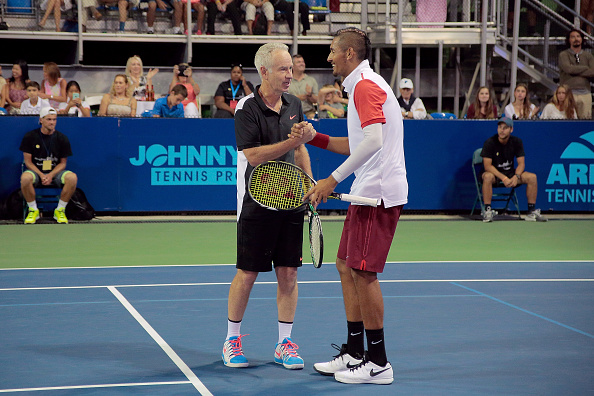
Aussie tennis legend Pat Cash recently has come on in support of seeing that potential relationship blossom as well. McEnroe has talked the talk in the last few years about wanting to coach some of today's players, but so far has not found a suitor willing to take the chance. There will come a time when someone is crazy enough to try and it will be magical. If nothing else, the social media fodder it will create on a weekly basis will be amazing.
Carlos Moya
The 1998 French Open Champion had a stint as Spain's Davis Cup captain that may have soured him some on the profession. In 2014, Spain turned to Moya and the result was the Spaniards losing in a World Group playoff to Brazil. Moya was critical of many of the top players from Spain not being willing to participate for their country. The Spaniard has never coached a player on the ATP Tour, so it might be a stretch. Still, his dedication to his country for Davis Cup has shown that he is willing to try coaching.
Some have theorized that Moya might be a good pairing with Rafael Nadal, who has named Moya as his hero growing up. Moya helped usher Nadal into the ATP ranks as a youngster and might be a logical choice if Nadal chooses to add a new voice to his team. A minus for Moya joining the coaching ranks is that he has three young children. That means the nearly year-round travel or even part of the year with a player may not suit him at this stage of his life.
Mats Wilander
The seven-time Grand Slam winner's name almost always comes up when talking about coaching options for some of today's top tier players. To this point though, Wilander has seemed content not to get involved again. He has coached various players since retiring from the sport in 1996. That included noted hot-head Marat Safin in 2000 and Frenchman Paul-Henri Mathieu for part of 2007. He has spent many of the years since then working as a commentator for Eurosport. That could prevent him from re-entering the coaching ranks any time in the near future. Still, Wilander is generally well-respected and was renowned for his technical expertise on the court.
Justine Henin
The seven-time Grand Slam winner professed during an interview in 2014 that coaching was an intriguing post-playing option. During the interview with tennis.com, Henin said she would consider becoming a coach on tour once she had more children. That means any possible coaching situation for her could still be years away. Still, Henin seems a good possibility for joining the coaching ranks as she said that coaching would be a great challenge. For now, she continues to work with her tennis academy in Belgium.
And Your Next Super-Coach Could Be....
The thing that seems to be a major sticking point for these coaching relationships is the potential super-coach's willingness to travel. Many former players shy away from getting back into a routine where they are away from home for months at a time again. That rules out many of the potential candidates on this list, with many of them concentrating on their families.
The one name that sticks out for this columnist is McEnroe. The American has talked a lot about coaching various players and already travels a lot during the season to cover tournaments as a television analyst. He also plays in several exhibition matches each year as well as playing the ATP Champions Tour. Dedicating time to travel with a player does not look like an obstacle for McEnroe. It is clear that he has a great love for the game and genuine interest in helping today's players. It appears that all that is lacking is the opportunity.




